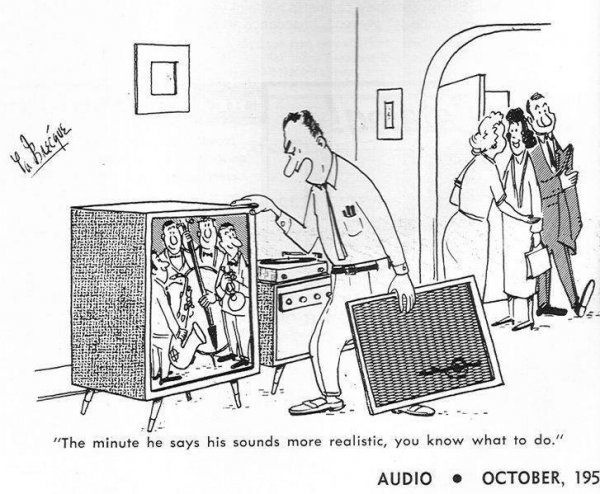Hi,
one of the things I appreciate most in music reproduction is the focus. I'm very sensitive to indefinable instrument images or oversized singer heads in front of me. While listen to the music I want to "see" all instruments and voices well outlined in space and realistic in size. You know that any component can better or blur the images and I wonder what are the determinants that make a component capable of well focused sound, what the focus depends on?

one of the things I appreciate most in music reproduction is the focus. I'm very sensitive to indefinable instrument images or oversized singer heads in front of me. While listen to the music I want to "see" all instruments and voices well outlined in space and realistic in size. You know that any component can better or blur the images and I wonder what are the determinants that make a component capable of well focused sound, what the focus depends on?







